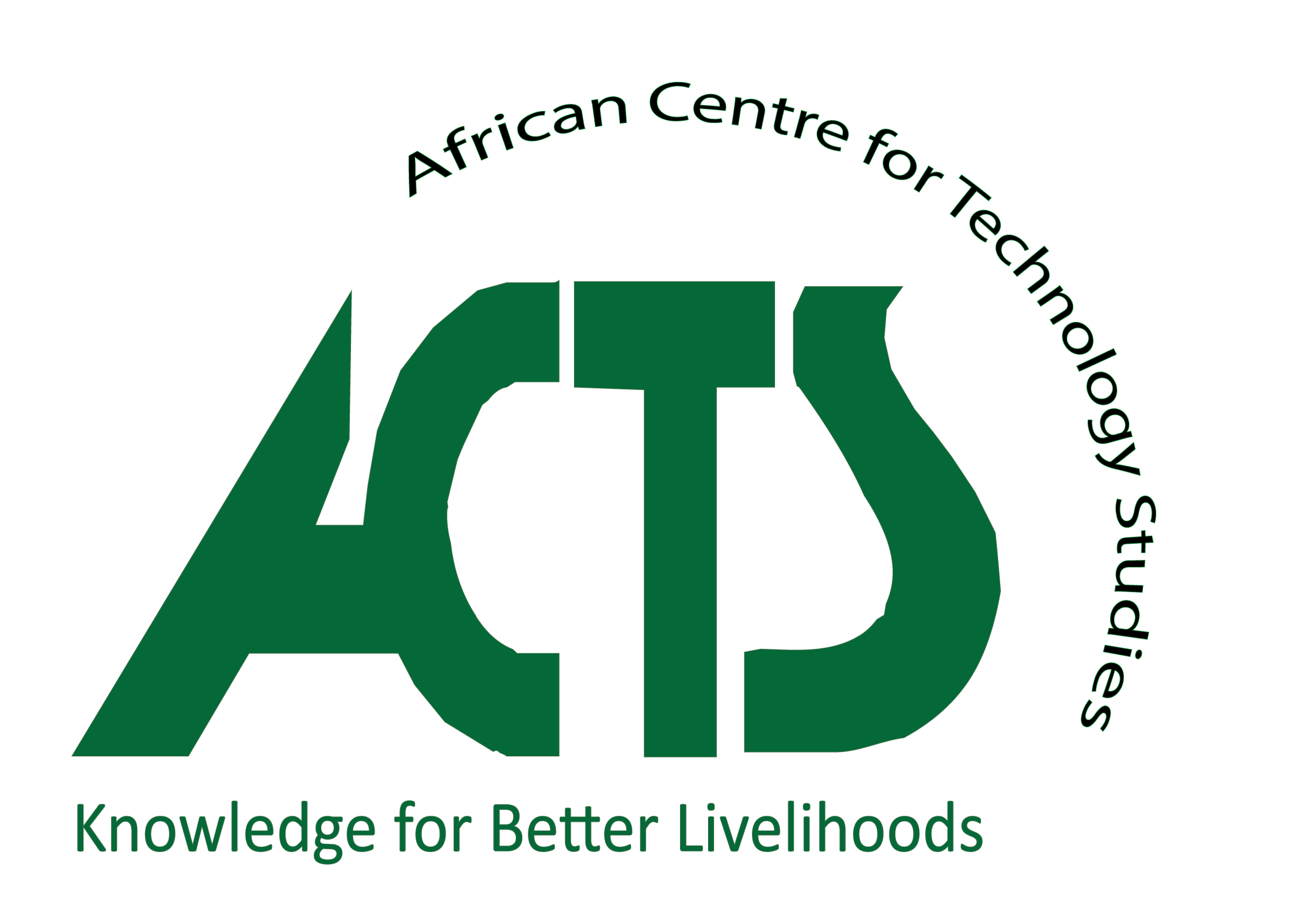By Kibet Tonui
Partaking in the ACTS Sustainability Fellowship Programme is an exclusive learning session that has strengthened my potential to influence climate and sustainability policies in many ways.
To mention a few, the programme taught a collaborative way of resource mobilisation for building climate-resilient economies, enhancing research quality and dissemination, expanding knowledge and learning systems and capitalising on strategic partnerships to influence policy based on research evidence and training. These were imparted through several pathways, including webinar series, readings, games, mentorship programs, research and publication, and joint proposal development.
It is an exciting and interactive session for early career researchers and professionals who want to learn and trigger serious discussions on the way forward towards sustainability transitions and climate change resiliency. I found similar ambitions from fellows who wish to master grant proposal writing so that they can trigger discussions that mobilise resources for sustainability, climate change, and disaster risk management agendas in their communities and workplaces. Indeed, climate financing, disaster risk governance, risk knowledge and investing in green economies have been enormous challenges for many local and national governments. The program taught us various skills in climate negotiations, financing, streamlining, and incorporation, illustrating how these challenges can be encountered from an interdisciplinary perspective. I can now acknowledge the pressing need for collaborative climate actions, ranging from joint research to meaningful engagement of the wider interested and affected parties in climate actions and sustainability.
Alongside discussions, the programme used specialised courses and training tailored to address the predominant gap of delinked sustainability and climate change policies across sectors from backup research. Because of the complexity nature of these topics, fellows were put in heterogeneous clusters (academic, professional, and regional) to expose the challenges and opportunities of integrated contexts. We observed that working in this kind of setting provided a broad spectrum of how climate and sustainability aspects are, and ought to be handled differently. Before the programme, I opined that addressing sector-based issues from a multiagency standpoint is a huge task and impossibly unyielding. This school of thought was demystified by the groupings mentioned above, in which proposals and articles, for example, were developed by diverse team members, leading to countless iterations. Auspiciously, this tactic improved the quality of the final proposal and or article. The members self-organised, and the mentors had a profound synch between the fellows and the ACTS leadership, which ensured a smooth flow of information and management of the tasks. This unique approach recognises the fundamental role an interdisciplinary approach plays in the complex sustainable development and climate change issues and the needed comprehensive solutions.
The fellowship localised contemporary global dialogues, particularly, the journey towards climate justice between the Global South-Global North economies. COPs´ agreements, the needed commitments and modalities for meaningful incorporation of climate change into the local sustainability and climate action agendas were given a lot of attention. This sustained dialogue brought new ways of thinking about inclusivity: undeniably, I now understand how collaborative learning indispensably bolsters inclusivity in the climate and sustainability debates. Similarly, I now understand how to translate sustainability and climate research into impactful policy. This was an area where I had a personal and systemic gap. This was further elucidated by the guest experts who provided skilful guidance and displayed the linkages between these topics with other components sandwiched in the fellowship programme. These components included project management and governance, research and peer reviewing, policy analyses and development and managing emerging technologies within sustainability and climate resilience corridors. The fundamental skills in these areas prepare me as I embark on and/or seek new roles in sustainability, environmental and climate change milieus.
In essence, literature emphasises research and development as significant factors in triggering discussions and the theory of change in many thematic areas. The Fellowship showcased different research methods and methodologies and were seamlessly discussed at length in our groupings. The systematic review was regularly used, considering its suitability in situations where secondary data was the most appropriate due to the limited fellowship duration and resources. The fellowship supported fellows in understanding the procedures for carrying out systematic reviews and trailed it with the publishing procedures on various topics in journals, blogs, and special issues. The participants blogged their reviews on comparative case studies from the Global South and North regions.
The other soft skills that have been well-hyped are interrelation, networking, and peer-to-peer review. The program sets the basis for building robust professional and academic networks among the participants beyond the 6-month fellowship duration. We established collaborations and partnerships to pool human and material resources to address these common issues and learned how these are sustained over time. I have interacted with the ACTS personnel and other professionals from various research and learning institutions; among them was my mentor, who showed us risk management Tools, including Project Manager, SWOT, and Project Dashboard Template, among others. I can now use these Tools in my workplace assignments.
Finally, my former attitude of mixing pure social and natural sciences as impossible and unproductive has been challenged. This stems from my background, which falls between life and physical sciences, and I thought it would always be hard to balance social and these other sciences. Thanks to the fellowship, I can confidently appreciate these worldviews and use them to co-create an integrated way forward for sustainability transitions and climate justice.


